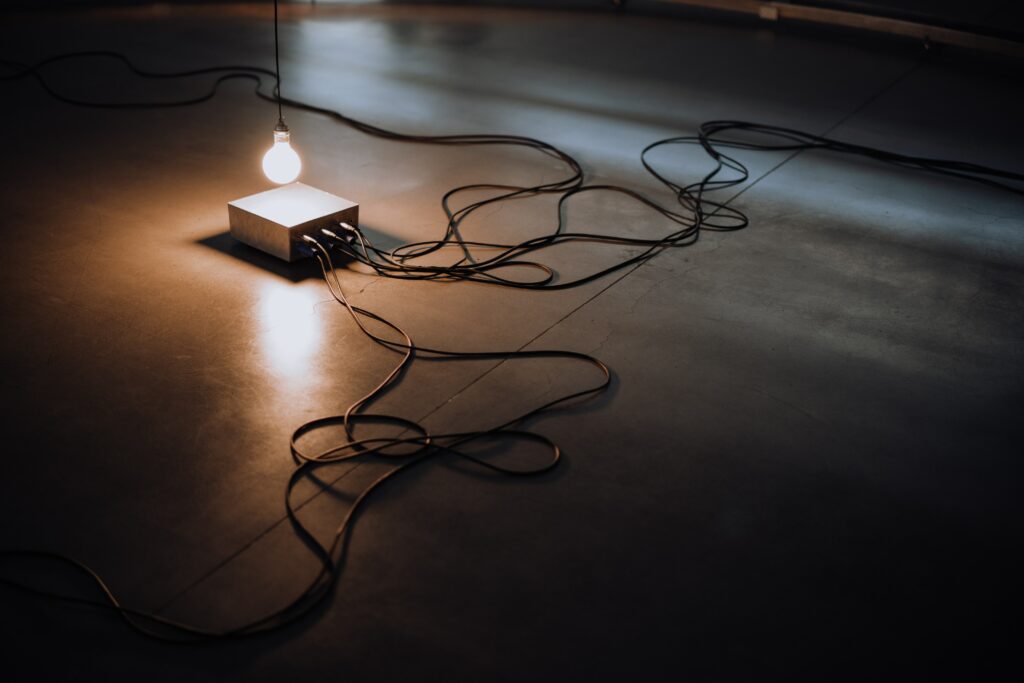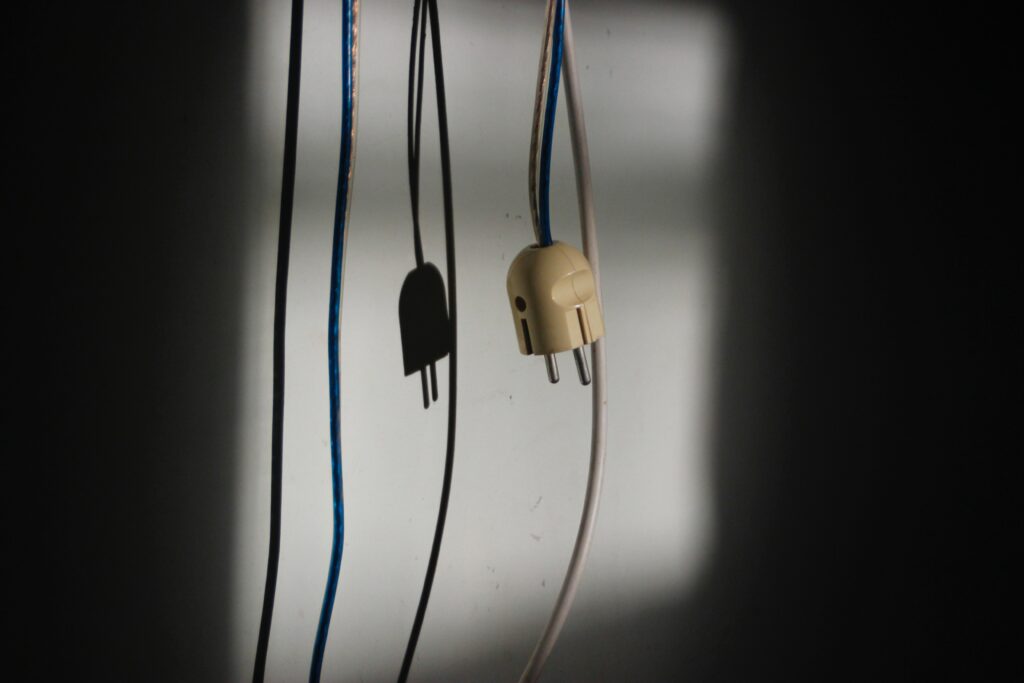Protect Your Devices During Loadshedding
Regular load shedding is projected to continue in South Africa through at least 2023, and maybe beyond, as no other short-term alternatives are likely to emerge. Eskom, South Africa’s electricity supplier, is working hard to keep the country’s infrastructure in good shape, but unexpected unit failures, criminal sabotage, and corruption are certain to keep slowing them down.
The disruption of a power outage will impact both business and daily life, as both rely heavily on technological devices. In addition to putting many things out of commission for a while, these disruptions can do serious harm to sensitive equipment, making it all the more important to take precautions against disruptions. Toshiba Tech SA is a service provider who stands behind their work is one who wants to collaborate with you for the long haul. Contact our specialist right away to learn more about our cost-effective copier rentals or the top printers for sale in South Africa. We also offer a range of paper shredders for sale, including the world-renowned Kobra paper shredders. We provide a comprehensive online guide to help you protect your devices during loadshedding.

Having No electricity is Rarely the Big Issue
Loadshedding is South African slang for power disruption incidents and the resulting damage, or “power outages,” yet it’s usually not the outage itself that causes the destruction.
Your TV, microwave, and probably everything else in your house will survive a power outage just fine. If the utility company cuts electricity, it’s the same as if you threw the breakers in your electrical panel or unplugged the equipment. It’s not ideal to turn off your devices by unplugging them, but it’s usually not the end of the world either.
Anything that is actively writing data is an exception to this rule. A sudden loss of power during vital procedures might cause irreparable harm to your computer, NAS, router, and other devices if they are in the process of a firmware update. If everything goes perfectly, you won’t lose much information at all. In the worst-case situation, an interrupted firmware update will cause severe data loss and corruption or even damage the device.
The Restoring of Electricity Could Lead to Long-Term Harm
When electricity is restored, it’s not the outage itself that poses a threat, but rather any resulting electrical disturbances. When the power is turned back on, surges can severely harm many electronic gadgets.
Both current and voltage surges are possible after electricity is restored to your home. When there is a surge in the amount of electricity supplied to your home, it is called a current surge. Similarly, a voltage surge can increase the voltage by a factor of two to three, resulting in heightened levels.
Toshiba Tech offers scalable, cost-effective energy systems with versatile rental and purchase terms because reliable power is now an expected component of ICT spending. The ability to rent rather than buy can also improve cash flow and solution selection when capital expenditures are involved. Contact the Toshiba Technology Group today to discuss how to pay for the ideal energy Solution for your business.
Let’s look at some real-world strategies for keeping your Devices safe during load shedding
Take precautions against power surges. It is prudent to use surge protectors and outlets to lessen the likelihood of damage. Put in a surge protector either at the main electrical panel or directly into the outlet where you plan to plug in your electronic gadget.
It’s understandable that businesses would have difficulty selecting a surge protector that is most suited to their needs, given the market’s plethora of options, each of which boasts its own unique set of features and guarantees.

Do not make the mistake of picking the first one you see or the cheapest one on the market. There is a wide variety of surge protection options available, and not all of them provide the same level of safety in the event of a power outage.
Device classification, clamping voltage, let-through rating, circuit breaker placement, risk analysis, and other factors all play a role.
In order to avoid wasteful missteps, businesses would benefit from working with a reliable partner that is familiar with the landscape and has the expertise to guide them towards the best possible solutions.
Before a planned blackout, make sure to turn off your most vital electronics and unhook their power cords. This includes the use of electronic devices such as refrigerators, dishwashers, and washing machines. If you have any heaters or electric grills that could spark a fire if the power came back on, turn them off. The best way to protect electronics against power surges is to unplug them from the wall.
Carefully reconnect the appliances. When the power comes back on, wait at least 10 to 15 minutes before turning anything back on. Connect and turn on the gadgets one by one.
Use an uninterruptible power supply (UPS) to protect your electronics from a power outage by giving you extra time to turn off your appliances. Be sure to install a generator properly.
Load-shedding has led many South Africans to purchase home generators, but these should never be used indoors or in any other enclosed space. Emissions from combustion contain carbon monoxide, which is both deadly to humans and animals and are a fire hazard.
Learn the load shedding timetable and stick to it. You can be one step ahead of Eskom and know exactly when load shedding will begin by signing up for push notifications whenever a new stage is about to begin.
Keep spare batteries on hand for your security systems. It’s not a good idea to get out of your car in the dark to open a gate or garage manually, especially if it’s raining, so be sure to install and maintain reserve batteries for electric fencing, gates, and garage motors so they continue to work during load-shedding.
We recommend you check out this guide to creating a loadshedding-free office, if you liked this article. Contact us for more information.

